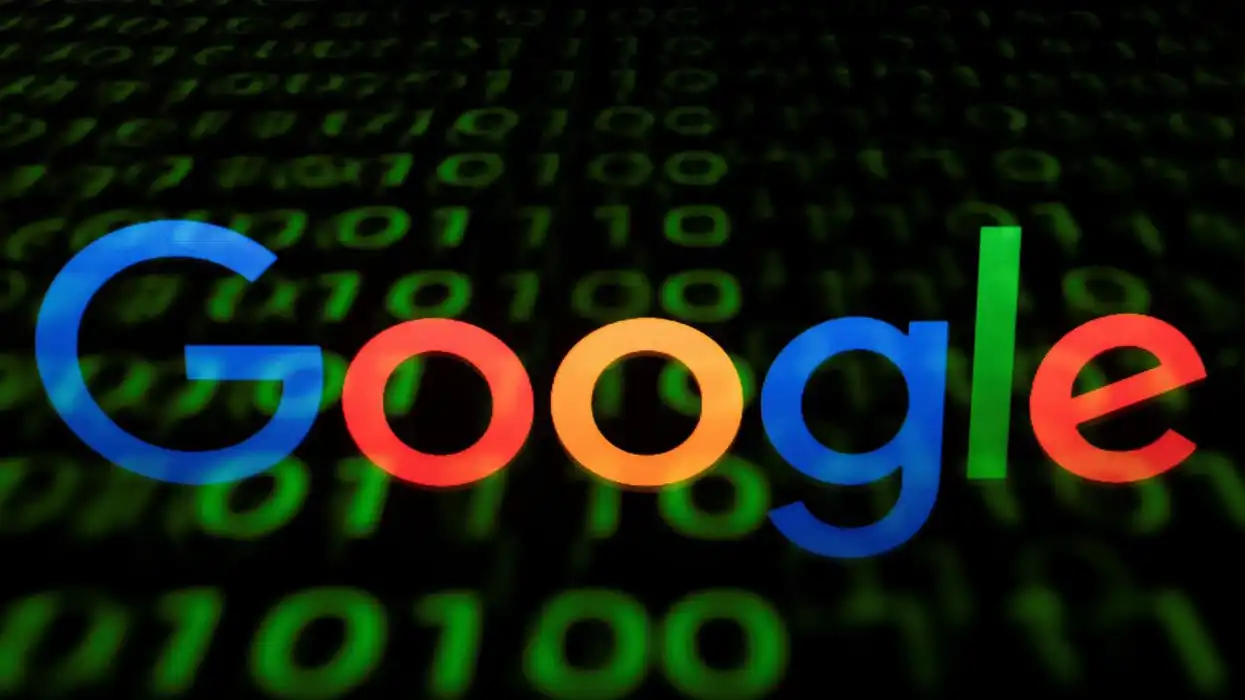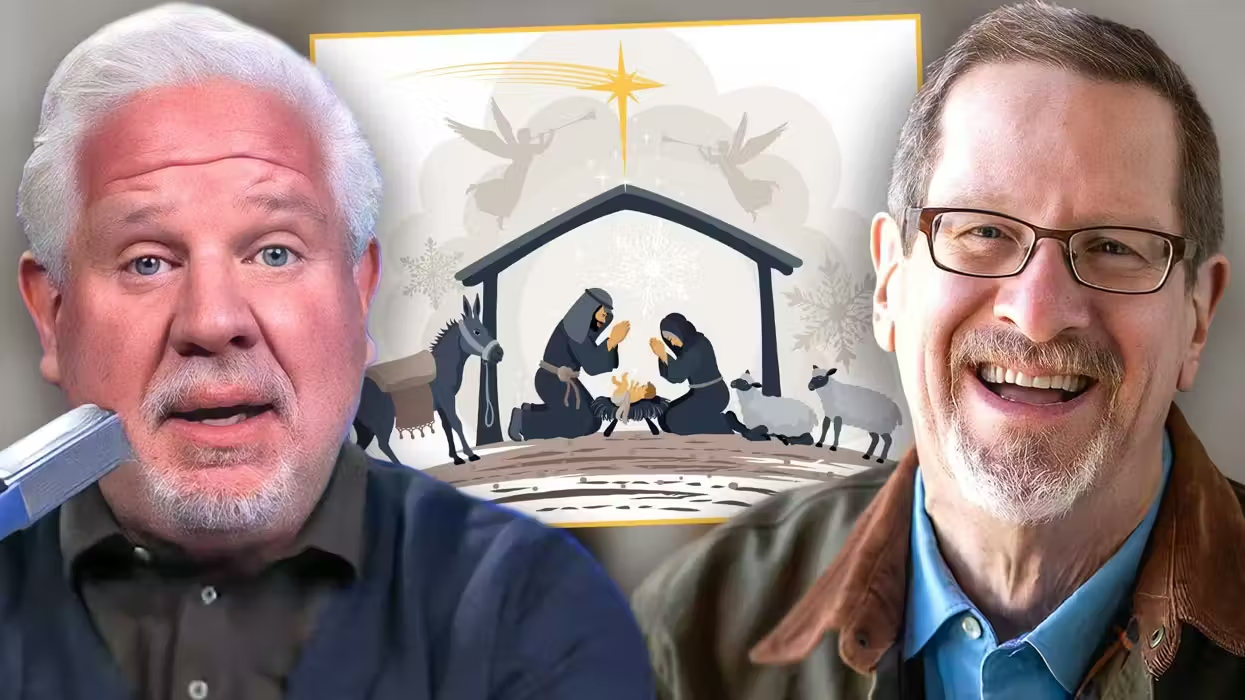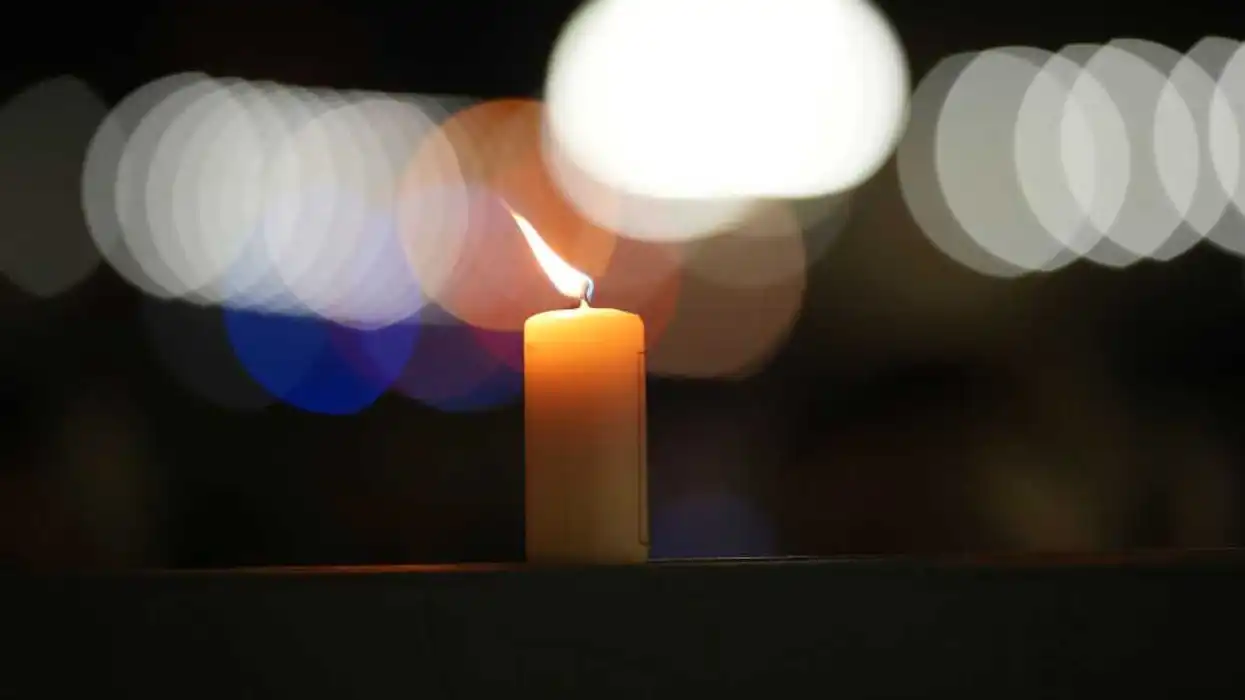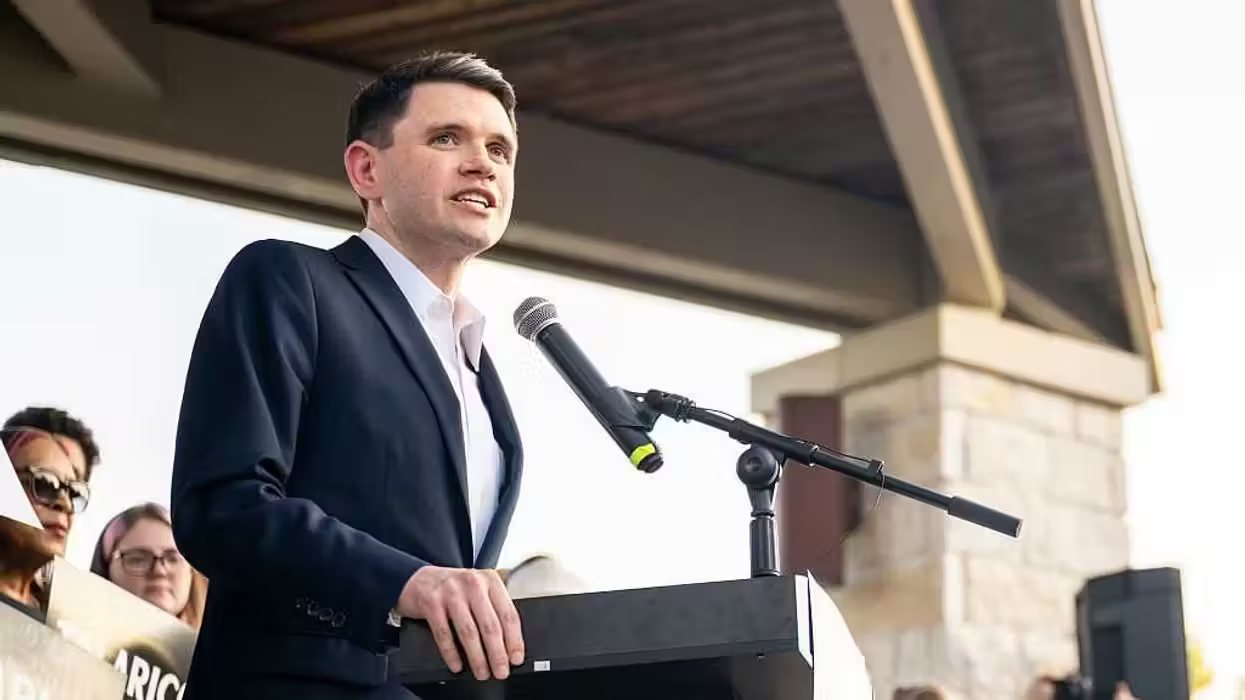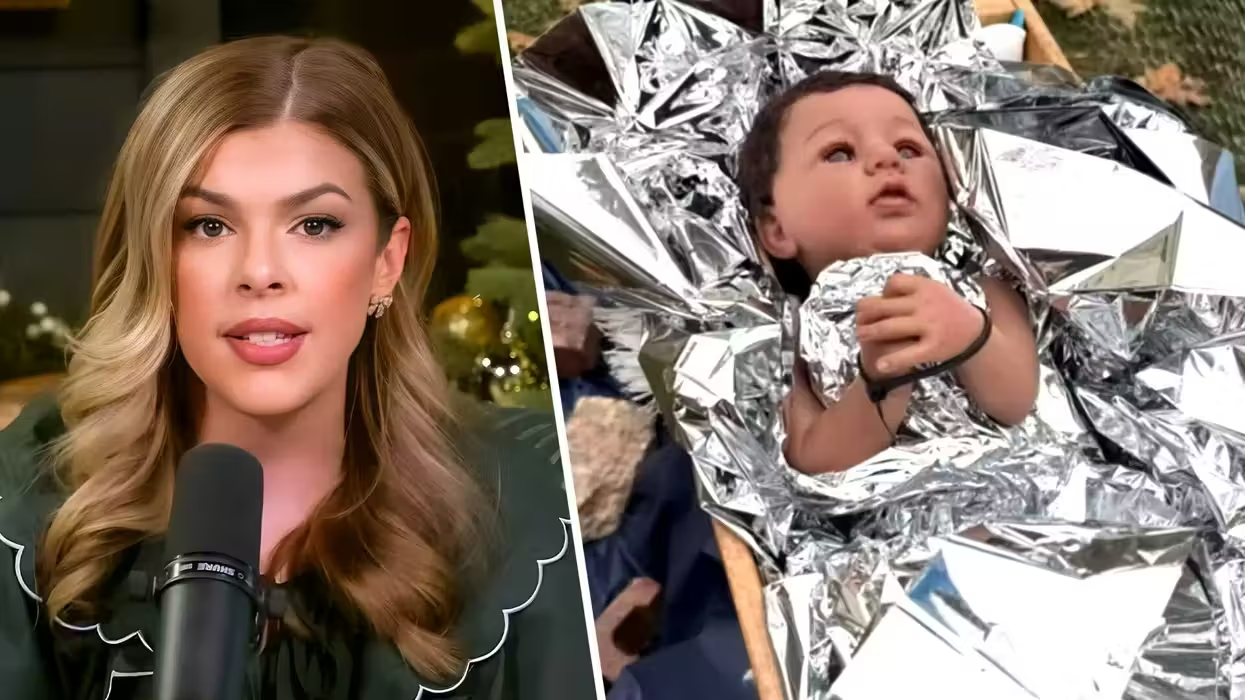
© 2025 Blaze Media LLC. All rights reserved.
"Just let the video speak for itself."
Carlos Miller has been arrested three times for photographing and filming police officers performing public duties. He knows his rights, but in a world where an increasing number of people carry a device with video and picture-taking capabilities everywhere they go, he thinks it's time for them to learn too.
"I don't purposefully set out to get arrested. I hate getting arrested," Miller said in an interview with TheBlaze. "It really screws up your whole night."
But Miller -- who has worked professionally as a print journalist -- is willing to stand up for what he believes is his lawful filming of cops in public.
 This photo was taken by Carlos Miller before he was arrested under various charges, for which he was acquitted, while he was recording the activities of police. (Photo: Carlos Miller/Photography Is Not a Crime Facebook)
This photo was taken by Carlos Miller before he was arrested under various charges, for which he was acquitted, while he was recording the activities of police. (Photo: Carlos Miller/Photography Is Not a Crime Facebook)
Miller began detailing his first arrest in 2007 and trial on a blog. Even after he was acquitted of all charges -- except resisting arrest, which he appealed and won -- he started getting stories from other people who had trouble with the law while taking photos or filming. The blog Photography Is Not a Crime (PINAC) has continued in the several years since, sharing more of Miller's stories and those from others.
"We have the First Amendment. We are all now journalists," he said, explaining how he believes the Internet truly gave citizens "freedom of the press."
Just last week, TheBlaze reported on a story posted on PINAC where a San Diego man was arrested for filming a citation an officer was writing him for smoking in a public area where it was against the law. When the officer asked to see Adam Pringle's phone, he refused and the situation escalated from there.
In a video posted of the altercation, the man said several times that it was his right to film the officer. It is an American's First Amendment right to do so. The ACLU has a guide for photographers regarding their right to film law enforcement activity. This information includes:
- It is lawful to film/photograph anything that is in plain view. "That includes pictures of federal buildings, transportation facilities, and police. Such photography is a form of public oversight over the government and is important in a free society," the ACLU states.
- Recording on private property is another story. Property owners might set their own restrictions, which would then prevent a person from filming or photographing.
- Police are not legally allowed to delete content on your device.
- Police can legally order citizens to stop filming or photographing activities if they are interfering with law enforcement's job.
- Photographers should be conscious not to break other laws while engaging in such activity.
 Police officers photographed regrouping after a volley of glass bottles are thrown at them from a group of demonstrators during a march following a vigil held for Kimani "Kiki" Gray in the East Flatbush neighborhood of New York's Brooklyn borough, Wednesday, March 13, 2013, in New York. According to the NYPD, the teen pointed a .38-caliber revolver at the plainclothes officers, who responded by shooting him to death. (Photo: AP/John Minchillo)
Police officers photographed regrouping after a volley of glass bottles are thrown at them from a group of demonstrators during a march following a vigil held for Kimani "Kiki" Gray in the East Flatbush neighborhood of New York's Brooklyn borough, Wednesday, March 13, 2013, in New York. According to the NYPD, the teen pointed a .38-caliber revolver at the plainclothes officers, who responded by shooting him to death. (Photo: AP/John Minchillo)
Miller had some more tips of his own.
"You have to work with cops and allow them to to their job," he said. He also recommended people filming not yell or insult law enforcement.
"Stay quiet," he said. "Just let the video speak for itself."
Miller also pointed out how people need to consider how far they are willing to go to fight for their right to film or photograph -- if it comes to that.
"You really have to be mentally prepared," he said. "A lot of times these things happen so suddenly. You don't expect that you're going to be arrested."
How often does law enforcement push back against being filmed? Miller said they seem to be more conscious of what activity is protected under the law now and most are fine with it.
"They're like 'OK, take all the photos you want. Take all the video you want, but stand on the side walk,'" Miller explained, noting how breaking other laws like standing in the street and endangering yourself, might get you in trouble with officers.
Buff Harris, a retired law enforcement officer from central Florida, told TheBlaze in an email that he used to take offense to people photographing or filming him on the job, but it became more comfortable as devices that could conduct such recording became more widespread.
"We trained, and I trained, officers to expect to be recorded and everything they did was subject to public opinion/scrutiny," Harris, who now owns a private investigation company, The Harris Group, wrote. "It was even suggested to wear cameras on our person, which would record every encounter with the public."
Some cities have been considering such "cops-eye-view" cameras in recent years.
But Harris acknowledged that many officers, especially the seasoned ones, are still opposed to being recorded, becoming agitated and forcing those filming them to move away.
"Personally, I always taught against this practice because you never come out looking professional. I understand and believe you must protect a crime scene and safety off all involved must be taken into account. So at times people must be asked to step back or move out of an area," Harris wrote.
But why film law enforcement in the first place? Miller said he believes there is a militarization of police in this country and filming can record instances of police brutality.
"If you ever listened to a chase, especially involving a helicopter, you will often hear the pilot or spotter continually reminding all officers (it does make cops mad when people run especially in high speed chases) that the camera is rolling several times especially when they are close to making the apprehension," Harris wrote. "This is obviously done to warn the officer they are being filmed and if they use excessive force it will be recorded and the media will be able to obtain a copy."
Miller said although most officers understand the law, they've learned how to twist the law in their favor."
He noted Adam Pringle's recent case as an example. The police office said he wanted to check Pringle's's phone to ensure it wasn't a firearm or a Taser-like weapon. TheBlaze researched such weapons disguised as cellphones after the event and found there are such items. But Miller said officers have to use common sense. In Pringle's case, he pointed out how he spoke in the video about how he was receiving a citation. This and other clues, Miller believes, should have tipped off SDPD that the phone wasn't a weapon.
The blog ExCop-LawStudent -- which, as the name implies, is written by a former law enforcement official now in law school -- wrote on this topic as well, pointing out how there have been no cases or law review articles in the U.S. regarding cellphones disguised as weapons. He continued:
How many times have the officers used force when a subject reached for his pen to sign a ticket, or produced his driver’s license, or used a cane?This appears to be solely a case of not wanting to be filmed and using force to stop the filming.
"If they're so scared that citizens will stun them, then we don't need those cops," Miller said.
--
Related:
- Video Captures Apparent Scuffle With Police After Man Tries to Film Citation for Smoking on the Sidewalk: Cellphones Can Be 'Converted Into Weapons'
- 'Security Risk': Woman Allegedly Kicked Off Flight After Photographing 'Rude' Employee
- Cops Arrest Journalist at 'Occupy Miami' and Allegedly Delete His Video ...That He Later Recovers
Want to leave a tip?
We answer to you. Help keep our content free of advertisers and big tech censorship by leaving a tip today.
Want to join the conversation?
Already a subscriber?
more stories
Sign up for the Blaze newsletter
By signing up, you agree to our Privacy Policy and Terms of Use, and agree to receive content that may sometimes include advertisements. You may opt out at any time.
Related Content
© 2025 Blaze Media LLC. All rights reserved.
Get the stories that matter most delivered directly to your inbox.
By signing up, you agree to our Privacy Policy and Terms of Use, and agree to receive content that may sometimes include advertisements. You may opt out at any time.

